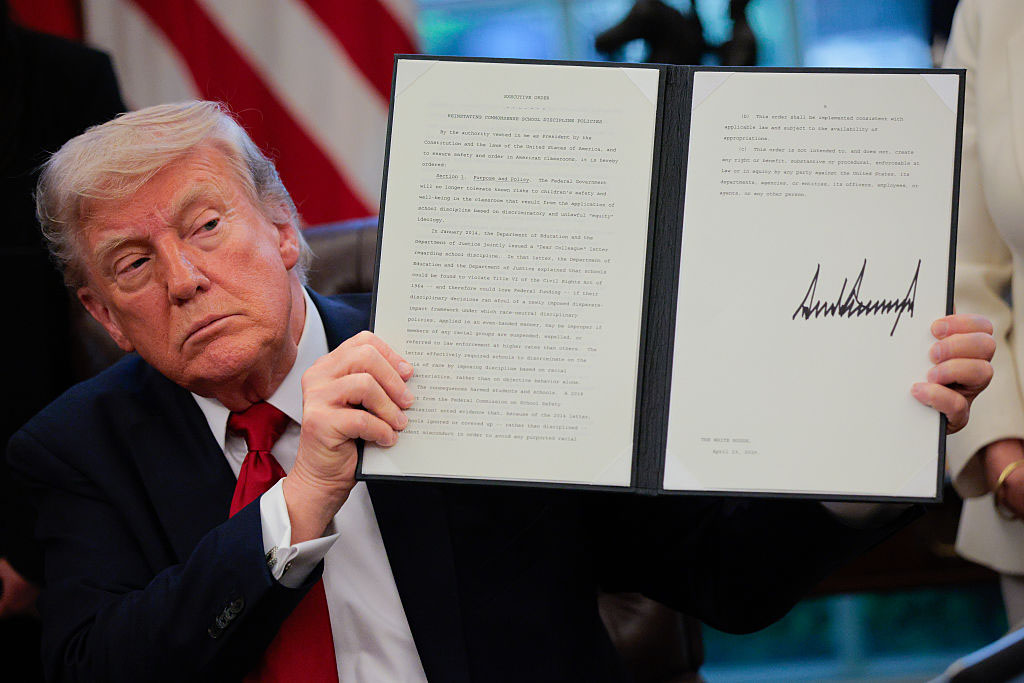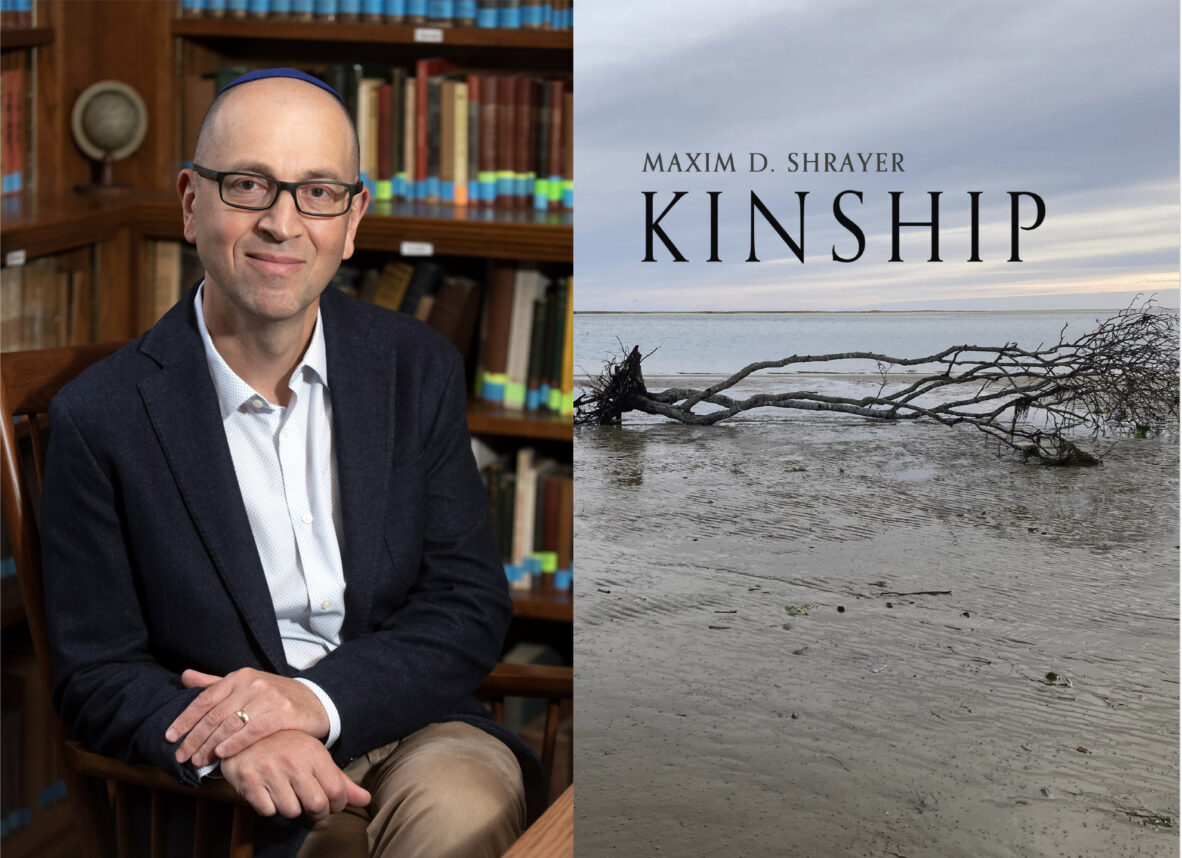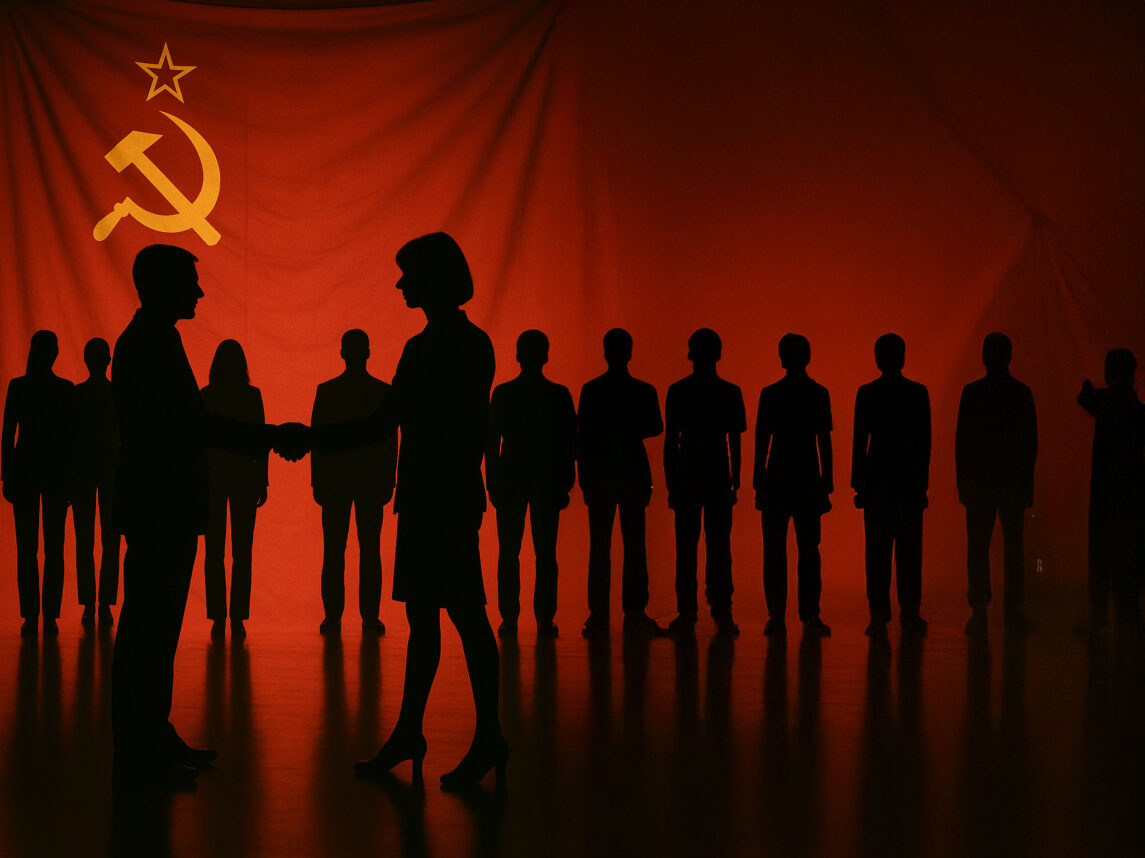
The theme of this year’s AIPAC Policy Conference — “Many Voices, One Mission” — speaks to the importance the Israel lobby group places on attracting a plurality of voices. This focus on bipartisanship has long been AIPAC’s bread and butter. By being sensitive to the democratic choices of Israeli voters, whether on the left or the right, AIPAC always had what looked like a reasonable and fail-safe strategy.
Indeed, for many years, that approach worked to strengthen AIPAC’s bipartisan image. When Israel was led by aggressive peacemakers, AIPAC could appeal to liberals, and when it was led by hawks, AIPAC could appeal to the right. Generally speaking, as Israel went, AIPAC went.
The problem for AIPAC is that about 15 years ago, after the failure of Camp David II and the ensuing Second Intifada, Israel went right and hasn’t looked back. Israeli voters, for better or for worse, lost faith in the “peace first” approach and fell back on “security first.”
This shift was reinforced by Israel’s disengagement from Gaza in 2005. The typical Israeli reaction was: “We called their bluff and gave them land and all we got was war.” As a result, the Israeli peace camp lost much of its credibility. Long gone were the days when the world media would cover Israeli prime ministers like Ehud Barak, Yitzhak Rabin and Ehud Olmert busily engaging in peace talks.
Those talks may have failed, but they provided good optics for AIPAC, as it enabled the group to connect with peace-obsessed American liberals. In recent years, however, behind a right-wing government that has failed to generate any peace momentum, AIPAC has found it harder to maintain that connection. J Street, which feels no obligation to respect the choices of Israeli voters, has happily exploited that gap.
The fact that AIPAC honors that core Israeli reality is an asset, not a liability.
AIPAC is faced with a tough balancing act. Although it has taken heat from some Jews on the right who feel it doesn’t go far enough, its biggest challenge is to maintain a connection with the new generation of liberal American Jews.
This challenge is magnified by the fact that American liberal Jews and Israeli Jews in general are going in opposite directions. While the peace camp may have shrunk in Israel, in America it is louder than ever. Liberal Jews not only idolize peace but they place most of the blame for its absence on Israel. They may be overly simplistic and idealistic, but their presence is real and growing.
So, is there a chance for AIPAC to attract more of these J Street Jews?
Only if it can create a deeper empathy for Israeli voters. It’s one thing to develop your political views while sipping cappuccinos on the Upper West Side or in Beverly Hills; it’s another to develop those views while calculating the 15-second distance to a bomb shelter in Sderot or Haifa. The fact that AIPAC honors that core Israeli reality is an asset, not a liability.
At this year’s conference, AIPAC will showcase what it calls “the various communities that shape and define our broad, bipartisan movement.” In my mind, the community that most shapes and defines AIPAC is the broad plurality of Israeli voters who are torn between the dream of peace and the reality of war.
In his keynote address at the 2016 AJC Global Forum, my friend and frequent AIPAC speaker Yossi Klein Halevi captured that dilemma:
“We face vexing challenges we could not have imagined in 1967. How can Israel safely extricate itself from the wrenching dilemma of ruling another people? A majority of Israelis know we must end that occupation — now approaching its 50th year — but fear the absence of a credible partner for a durable peace.
“Much of the international community trivializes our dilemma by insisting that Israel’s choice is between occupation and peace — ignoring the history of Palestinian rejectionism and a poisoned educational system that teaches Palestinian children to hate Israel and deny any Jewish connection to the land.
“Israel’s critics all but ignore the terrorist groups on our borders — Hezbollah and Hamas and Islamic State and the Iranian Revolutionary Guards — and speak of solving the Palestinian conflict as though Israel were an island in the South Pacific.”
AIPAC understands that Israel is not an island in the South Pacific, because it has always stayed connected to the complicated reality and hard choices of Israeli voters. Those voters live on the front lines, and if you ask me, it is their voices that American Jews of the left and right should hear first.
























 More news and opinions than at a Shabbat dinner, right in your inbox.
More news and opinions than at a Shabbat dinner, right in your inbox.